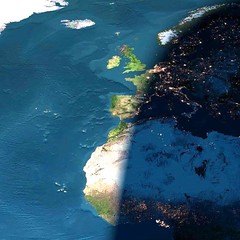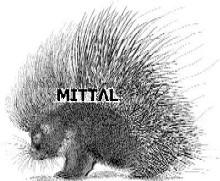Done Deal with Mittal Steel

We will soon know whether this is a gathering darkness or a new dawn.
Do we welcome Mittal's new deal with Liberia? Yes. This is a time to rejoice, let us drink in the good will and high spirits of the newly concluded deal.
Remember, a half a year ago it appeared that our government officials were about to rush in with approval. Thank goodness, they proceeded with greater caution and deliberation then the previous administration.
Face it, we now have a government better prepared than any in Liberia’s history to make the necessary calculations for the greater good of the citizens. Let us bask in the light of the rhetoric to date. Last week’s dispatch quoted Pres. Johnson-Sirleaf as saying, "With this agreement, which is consistent with the principles that attract and sustain foreign investment in Liberia, it is clear to the international private sector that Liberia is open for business." Mittal Steel now Arcelor Mittal asserted that, "This landmark agreement will bring the country investment of over US$1billion and is expected to generate about 3,500 direct jobs and about 15,000 to 20,000 indirect jobs in Liberia by the time full mining production is realized."
For now, let us suspend judgment and infighting and ignore the gloomy side of the process. The lack of transparency and the contradictory statements from Arcelor Mittal to date have been a little unsettling. The dark side of the deal will soon be exposed to the light of day. Therefore, good faith should prevail for the time being. This is the only foreseeable way for the project to move forward. What is good for the government is good for the people, right? It is remarkable, however, that no mention of environmental protection or sustainability have tempered the statements.
A word of caution: Trust but verify or we will be back to the old growth without development.
God Bless Liberia.
J. Carl DealyEarlyBird Foundation





